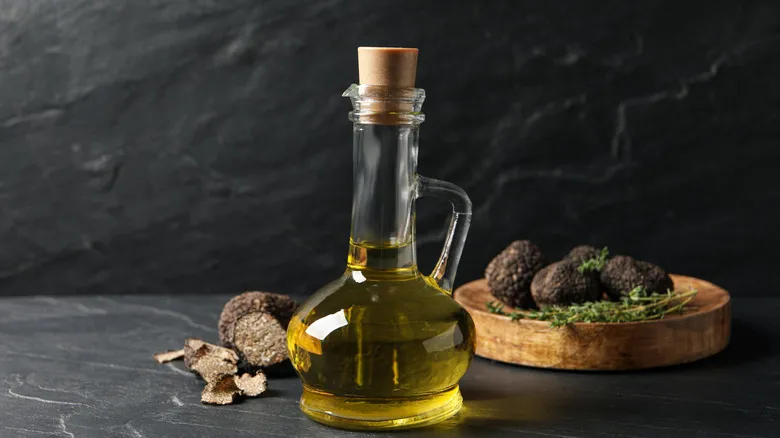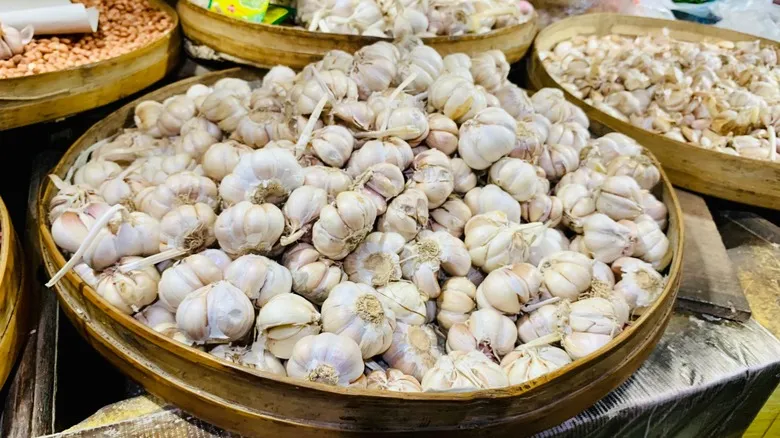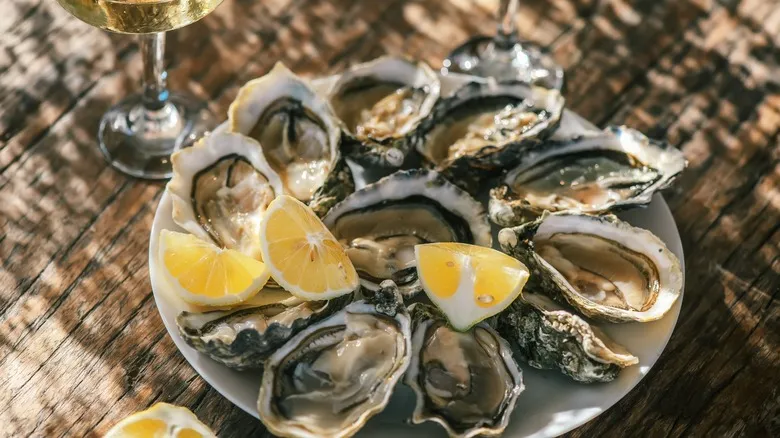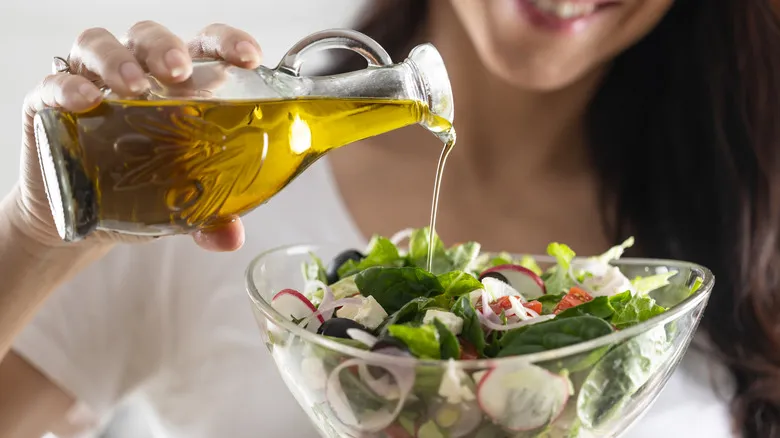An oil by any other name

The widespread dislike for truffle oil may surprise many home cooks who incorporate it as a flavor enhancer in various dishes. After all, numerous restaurants use truffle oil either as a substitute for or a complement to actual truffles. So, what’s the truth about truffle oil? Is it, as Martha Stewart claims, a "fake"? Unfortunately, the answer is yes. Most truffle oils available are infused with synthetic chemicals that replicate the taste and aroma of truffles, which have no connection to the actual underground fungi. The chemical responsible for this flavoring is called 2,4-Dithiapentane, which resembles the scent of white truffles, not to be confused with black truffles. This compound is commonly used to imitate the flavor in truffle oils, butters, and other products. You might wonder if this compound is derived from truffles, but that’s not the case; it can actually be sourced from petroleum.
While consuming petroleum products doesn’t sound appealing, it is safe to eat, and many truffle oils obtain this compound from natural sources like vegetables. The main concern with these products is that, although these synthetic compounds can replicate certain notes of truffles, they fail to capture the ingredient's full, intricate flavor. Moreover, truffle oil often leaves an unpleasant aftertaste that doesn’t do justice to the real thing. Therefore, it may be wise to agree with Martha Stewart on this matter.
Recommended

Granulated Garlic Vs Garlic Powder: Which One Works Best In Your Recipe?

A Comma In A Recipe Can Mean A Lot More Than You Think It Does

The Right Time To Use Canned Oysters Vs Fresh

Skip Salt And Use One Sauce To Add Better Flavor To Homemade Salad Dressings
Next up

